Agricultural use
ammoniumsulfate-chemical-properties
Growers apply ammonium sulfate primarily where they need supplemental N and S to meet the nutritional requirement of growing plants. Since ammonium sulfate contains only 21 percent N, other fertilizer sources more concentrated and economical to handle and transport often make a better choice for N-deficient fields. However, it provides an excellent source of S, which supports or drives numerous essential plant functions, including protein synthesis.
Because the N fraction is present in the ammonium form of ammonium sulfate, rice farmers frequently apply it to flooded soils, since nitrate-based fertilizers are a poor choice due to denitrification losses.
A solution containing dissolved ammonium sulfate is often added to post-emergence herbicide sprays to improve their effectiveness at weed control. This practice of increasing herbicide efficacy with ammonium sulfate works particularly well when the water supply contains significant concentrations of calcium (Ca), magnesium (Mg) or sodium (Na). A high-purity grade of ammonium sulfate often works best for this purpose to avoid plugging spray nozzles.
Management practices
After addition to soil, the ammonium sulfate rapidly dissolves into its ammonium and sulfate components. If it remains on the soil surface, the ammonium may be susceptible to gaseous loss in alkaline conditions. In these situations, agronomists advise incorporating the material into the soil as soon as possible. Other options include an ammonium sulfate application before irrigation or a predicted rainfall.
Most plants can utilize both ammonium and nitrate forms of N for growth. In warm soils, microbes will rapidly begin to convert ammonium to nitrate in the process of nitrification [2 NH₄⁺ + 3O₂ → 2NO₃⁻ + 2H₂O + 4H⁺]. During this microbial reaction, acidity [H⁺] is released, which will ultimately decrease soil pH after repeated use. Ammonium sulfate has an acidifying effect on soil due to the nitrification process, not from the presence of sulfate, which has a negligible effect on pH. The acid-producing potential of ammonium sulfate is greater than the same N application from ammonium nitrate, for example, since all of the N in ammonium sulfate converts to nitrate, compared with only half of the N from ammonium nitrate that converts to nitrate.
Non-agricultural uses
Food companies commonly add ammonium sulfate to bread products as a dough conditioner. It’s also a component in fire extinguisher powder and flame-proofing agents. And it serves many purposes in the chemical, wood pulp, textile and pharmaceutical industries.




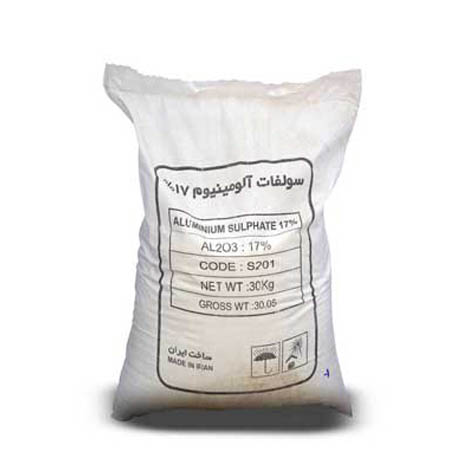

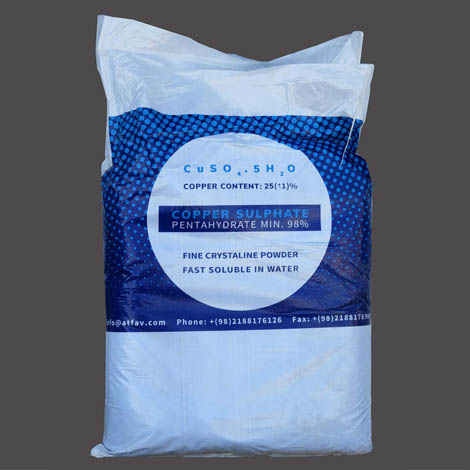
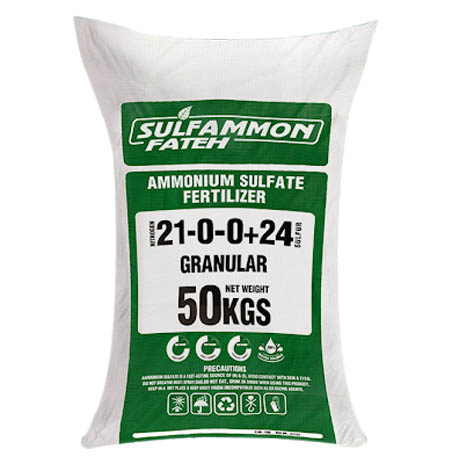
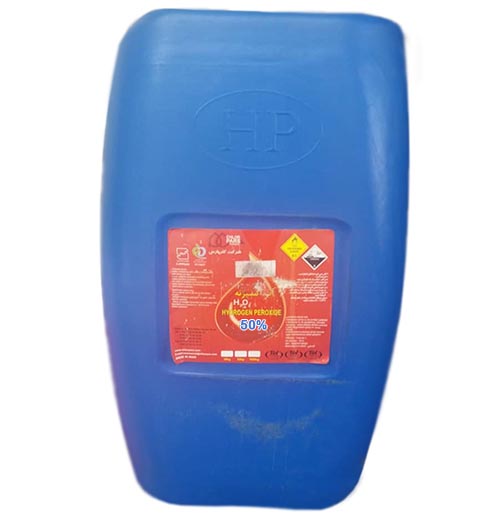
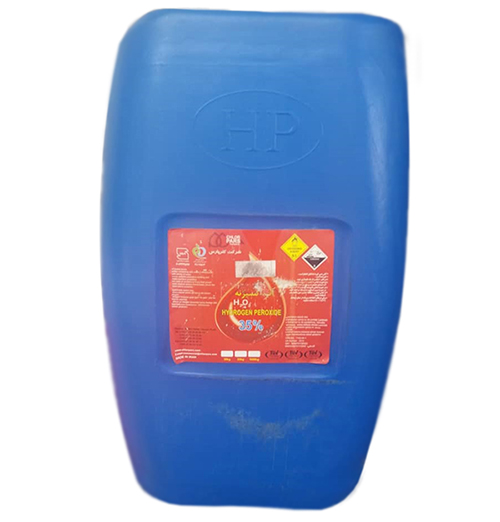


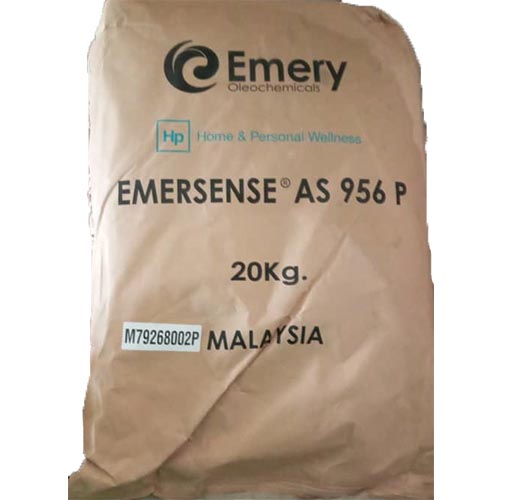
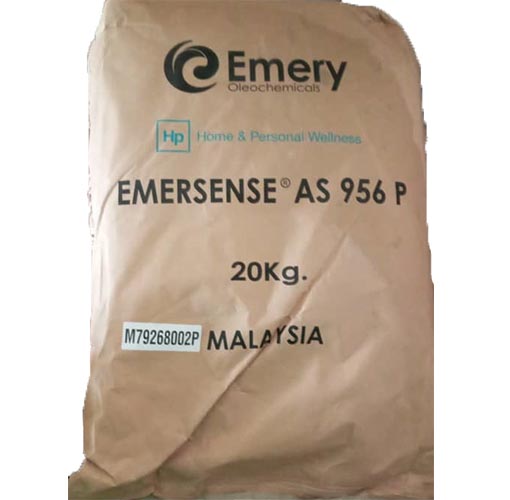
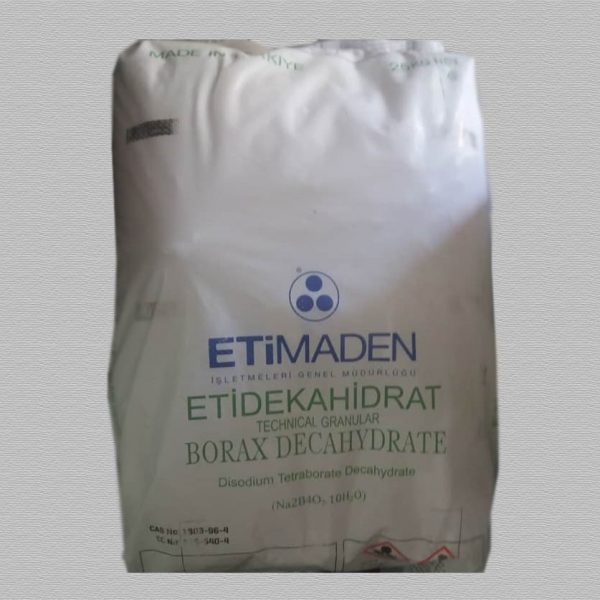








Reviews
There are no reviews yet.